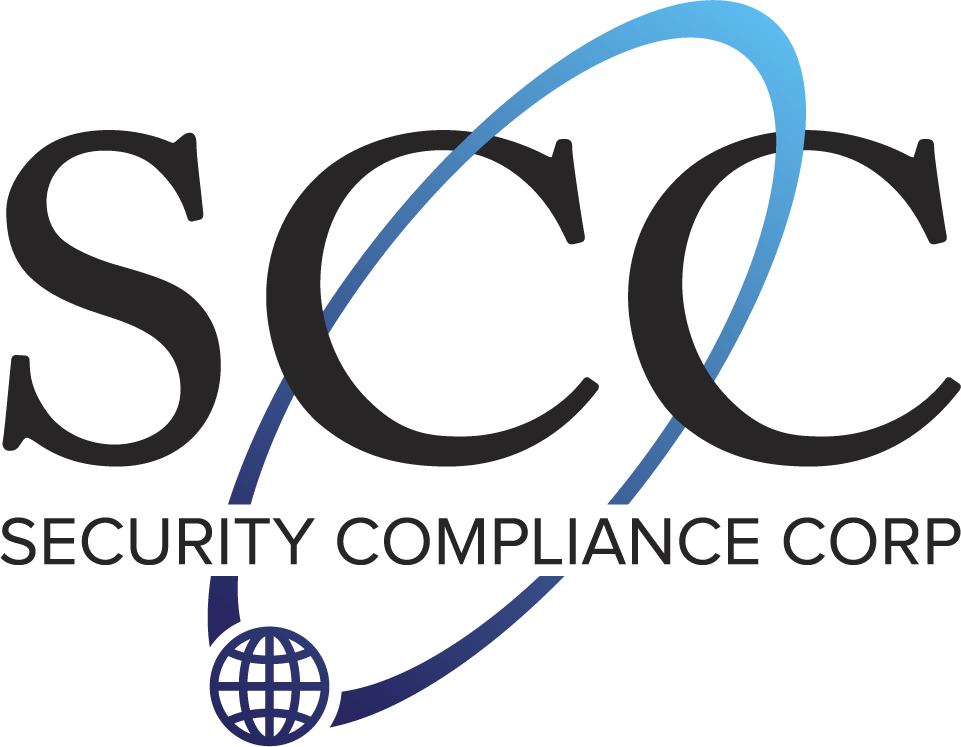Success Criteria for User Access Reviews
You can also download this as a PDF document.
BACKGROUND
When evaluating tools to automate your user access review efforts, determining the evaluation and success criteria is one of the most important steps in the process. On the surface, many types of solutions appear to perform the same functions. After using the product for several months in your own environment, you will realize that the nuances of how the solutions are designed greatly impact your project success.
1. Speed of Implementation
Perhaps the most important criteria in a successful project is how soon you can begin using the new tool and process. Information security tools are notorious for requiring armies of consultants to implement and configure the product. At SCC, we believe that if a software product is truly well-designed, you should be able to install, configure, and use the product in a matter of hours or days, not weeks or months. When deploying Access Auditor, we recommend reserving no more than 2-5 days for full installation, configuration, and training.
2. Identity Mapper and Fuzzy ID
One of the greatest challenges when managing and auditing user access rights is the lack of a username that is consistent for each user across all applications. Most companies have evolved and grown over time, and the number and scope of critical applications have followed suit. User login IDs are often similar but different on many systems (e.g. john.doe vs. jdoe), while others, especially legacy applications, use somewhat cryptic login IDs that have little direct relationship to the user’s name.
The solution to this problem has typically been one of two options. You either spend weeks reviewing these thousands of IDs by hand, or else accept the limitation and never get a complete profile of access rights. Your entitlement review tool should be able to solve this challenge for you. SCC’s Access Auditor includes the powerful Fuzzy ID tool that automatically links and suggests possible matches of user names and login IDs based on a variety of proprietary mathematical models. Within minutes, Access Auditor will identity the multiple login IDs belonging to each person, and allow you to link these disparate accounts.
Customer response has been so strong that our Fuzzy ID is often used as a stand-alone tool to review and clean-out systems before mergers or other data migration projects.
3. Flexible Review Workflows
The core component of a user access review is ensuring that the right people within your company are designated as the approvers of your entitlement review. The tool you select to automate this labor-intensive process should be flexible enough to map to your existing processes and organizational structure, not the other way around. Access Auditor gives you unlimited flexibility to define your approvers. Beyond the simple rules such as a manager or application/business owner, Access Auditor provides a customizable rules-based workflow engine that assigns reviewers based on any combination of user data, organizational structure, privilege, role, or application. By layering multiple rules, Access Auditor can map to any existing certification process.
4. Full Governance Life Cycle
Automating your user entitlement review efforts should be a complete process. Your solution should provide a full life cycle from data discovery and launching the review, to final compliance reporting and cleanup of inappropriate rights. Access Auditor automates the entire process by:
- Automating data imports
- Reminding approvers with pending work
- Initiating tickets or other workflow to remediate inappropriate access rights
- Monitoring the systems of record to ensure the privileges and roles that were flagged as invalid are in fact removed from the appropriate application(s)
- Providing full reporting on the evidence of compliance
5. Cross-Application Separation of Duties
Separation of Duties (SOD) alerting and reporting is very difficult without some type of automated tool such as Access Auditor. Identity governance tools should also provide the additional benefit of automatically reporting and alerting to separation of duties violations. Many enterprise applications provide SOD reports for their own system. However, they are limited to a single application and only a tool that imports data from all applications, like Access Auditor, can allow you to define SOD rules that span disparate systems.
When evaluating access rights solutions, investigate the SOD engine to determine how flexible your rules can be. Any tool should let you define conflict rules based on any combination of privileges, applications, systems, or roles, and further apply them to specific organizational hierarchies.
6. Ease of Use
IT and security tools are notorious for being laden with complicated and busy screens, and a dizzying array of configuration settings that are never used. This will lead to project delays and a difficult user acceptance. Access Auditor is the easiest-to-use identity tool in the world. End users generally require no formal training and easily “get it”, just like using any common web banking or shopping site. By making the user experience exceptional, our customers succeed in 100% completion.
For nearly 2 decades, SCC has taken great pride in our 100% customer success rate. Access Auditor is so simple to use that it is primarily managed by non-technical staff. Our simplicity is the reason that our typical deployment of Access Auditor can be completed in only a matter of days.
SUMMARY
User entitlement review efforts should be simple and efficient. For more information on SCC and Access Auditor, please contact us here. We look forward to helping you gain control over your user access rights and automate the extremely labor-intensive task of user entitlement reviews.
